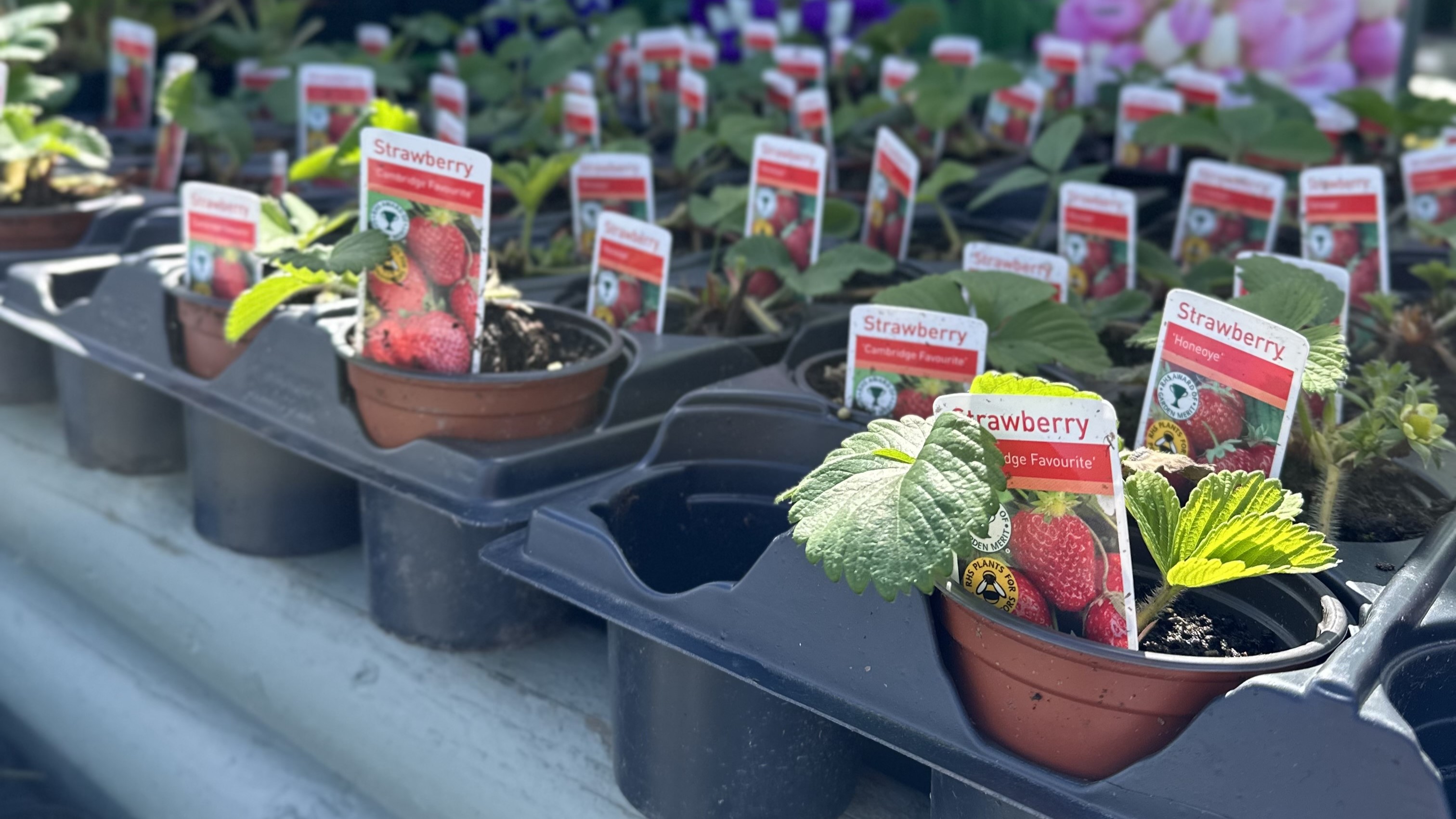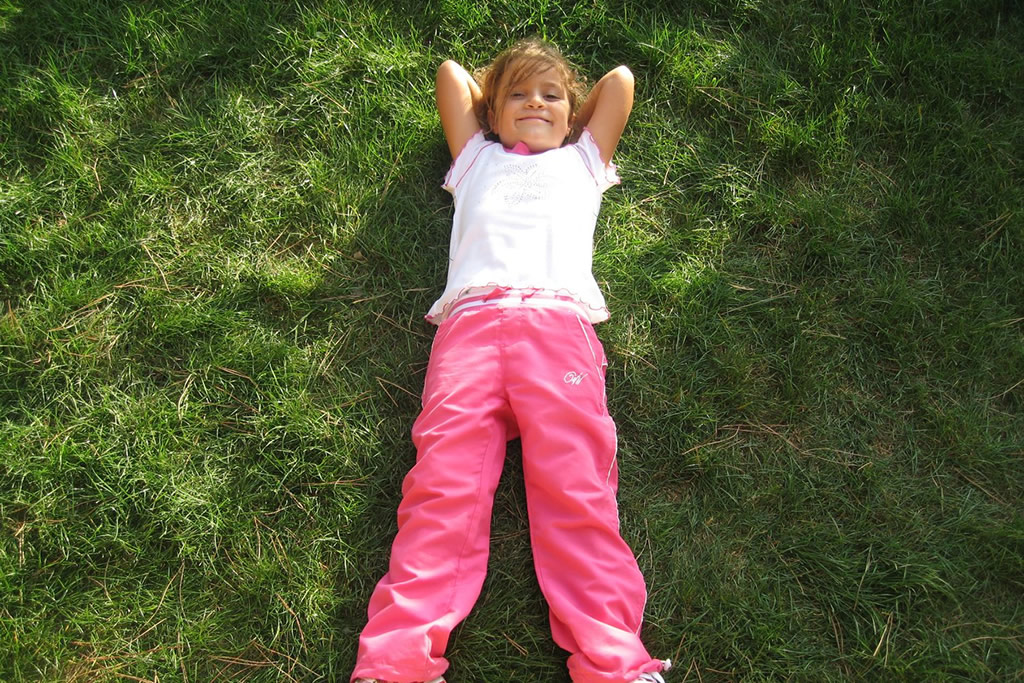Tips for keeping a safe garden
As summer sets into full swing, we are all spending more time out in the garden. The sound of lawnmowers whizzing round, the sizzling sounds and smells of BBQs and the sweet scented aromas emanating from our flowering summer plants are all present in abundance during this time of year. The fact is that we are a nation of garden lovers and we love spending time outdoors when the weather permits. We all enjoy relaxing to the natural sounds around us, enjoying a drink in the evening in the peace and comfort of our extended outdoor space or socialising with friends. Regardless of the size of our garden, patio, balcony, roof garden, whatever outdoor space we have available, when that sun comes out we will stay out.
Many of us take precautions when it comes to household safety. We should all have smoke alarms, CO alarms and we know not to leave the chip pan on whilst we “pop to the shops” however how many of us consider garden safety? We have compiled the following list which outlines the main dangers in the garden, many of which are overlooked.
Storage:
Always store your chemicals and poisons in a garage or locked up in a shed or cabinet. Don’t leave these substances in reach of children or pets. Never transfer to alternative containers that could confuse and lead to poisonings and always follow the manufacturer’s instructions when using weed killers and other poisons.
The same goes for tools. Always store your gardening tools in a safe location and do not leave them lying around when you are gardening, especially the sharper tools.
Electrocution:
Protect yourself from electrocution when mowing that lawn or trimming your hedges. Also ensure you use the correct plugs and extensions. Always use a residual current device and make sure your extensions are not exposed to liquid.
General Upkeep:
Avoid any unnecessary trips and injuries by ensuring that your garden paths are moss free and level. Install safety rails if necessary!
Fires:
Never leave a fire unattended. Always ensure you light fires away from buildings, fences, sheds and basically anything that could catch fire, especially if the direction of the wind were to change.
Supervise children and pets at all time.
Barbecues whilst a lot of fun can also be very hazardous. Hundreds of garden accidents a year are caused by barbecues, the most common being burns and cuts due to sharp edges. The following barbecue advice has been provided by RoSPA:
When choosing a barbecue, stability is essential - ensure the one you choose is strong and sturdy
Check your barbecue is in good condition (particularly if you have not used it for some time) and look for loose or damaged parts that may need adjustment or repair
Consider the location - level ground, away from fences, sheds and overhanging trees, which have been known to catch fire
Never light a barbecue in an enclosed space
Prepare the barbecue early to ensure it is at the right temperature by the time you want to cook
Particular care should be taken in hot, dry weather to reduce the risk of starting a forest or grass fire
Never pour petrol, meths or other accelerants on to a barbecue. Some of the most serious barbecue-related accidents happen when people do this and the barbecue 'explodes' in their face
Use long-handled tools
Be careful of steam when opening foil parcels
Remember that the metal parts of a barbecue can become hot - don't try to move it until it has cooled down
Don't leave children unsupervised near a barbecue
Make sure the barbecue is fully extinguished before you leave it
Take care when getting rid of a disposable barbecue, or barbecue coals - ensure they have cooled down before placing them in a bin.
Water:
Water features and ponds are nice and relaxing but reduce the risk of small children drowning by fencing in these potential dangers. Always supervise young children when they are near water.
Following these basic precautions will hopefully allow you to enjoy your time in the garden without putting your life or family in danger. Enjoy your outside space, stay safe & don’t become another statistic.








